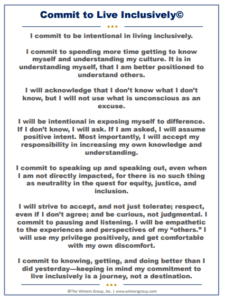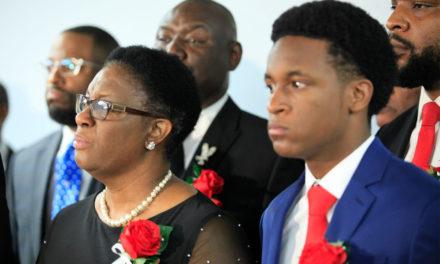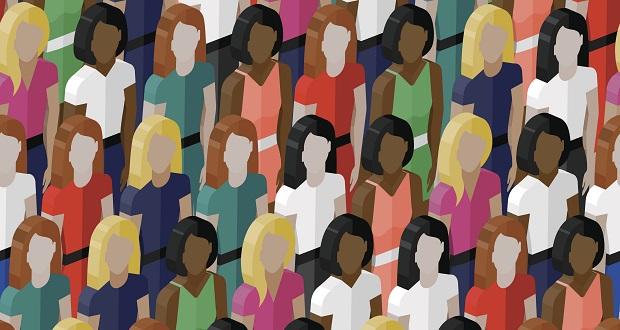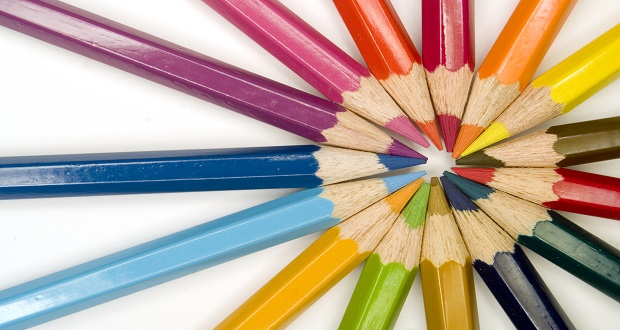
Last week, we tuned in as our 44th President, Barack Obama, shared his final farewell with the country. One of the resounding themes of his speech was his charge to us to move outside our “bubbles” and circles that only consist of people who look or think like us, and engage with our “others.” It is in engaging in productive relationships and dialogue with people who are different than us, that we can begin to build bridges and break down barriers that have perpetuated polarization and divisiveness. In many ways, his remarks echoed the second stanza of our Commit to Live Inclusively pledge:
[dropshadowbox align=”center” effect=”lifted-both” width=”540px” height=”” background_color=”#3107b8″ border_width=”1″ border_color=”#dddddd” ]I will be intentional in exposing myself to difference. If I don’t know, I will ask. If I am asked, I will assume positive intent. Most importantly, I will accept my responsibility in increasing my own knowledge and understanding.[/dropshadowbox]
We will never fully understand nor be effective across differences if we do not have exposure and experience with differences. In some of our trainings, we often time cite a Public Religion Research study that shows how racially homogenous many of our networks are:
- Seventy-five percent of white Americans reported that the circle of people with whom they “discuss important matters” is entirely white and only fifteen percent said they have a racially mixed social network.
- Almost two-thirds (sixty-five percent) of black Americans report having a social network comprised only of black people.
- In contrast, only forty-six percent of Hispanics report that their social networks are limited only to other Hispanics and thirty-four percent report having a mixed social network.
Likewise, another study examined the extent to which Americans were exposed to people who practice a different religion from them. It found that 56% of Americans believe that Muslim values are at odds with American values. However, when asked how often they’ve talked with a Muslim in the past year, 68% of respondents said never or seldom.
It is important for us to take ownership of our journey to live inclusively and the quest for knowledge that comes with it. While we certainly should leverage and be curious of the experiences of our “others,” we shouldn’t expect to be “taught.”
Consider some of the following activities to increase your exposure and experience with difference:
- Visit a Museum based on a culture different than yours
- Watch a movie or biopic that highlights another culture or the life of a notable figure(s) from another culture
- Attend panels or book talks that offer diverse perspectives on social, current events
- Pick a topic that makes you uncomfortable (e.g. power & privilege), and research it
- Attend a church service or religious ceremony that may be different than yours (do your research first to become familiar with customs that may be relevant to the experience)
- Have lunch with someone who is different than you—This one can be tricky, and establishing trust is key. Identify someone who you may already have rapport with (e.g. a co-worker)
- If you enjoy reading newspapers and articles, commit to reading two from media outlets that you typically do not read



















